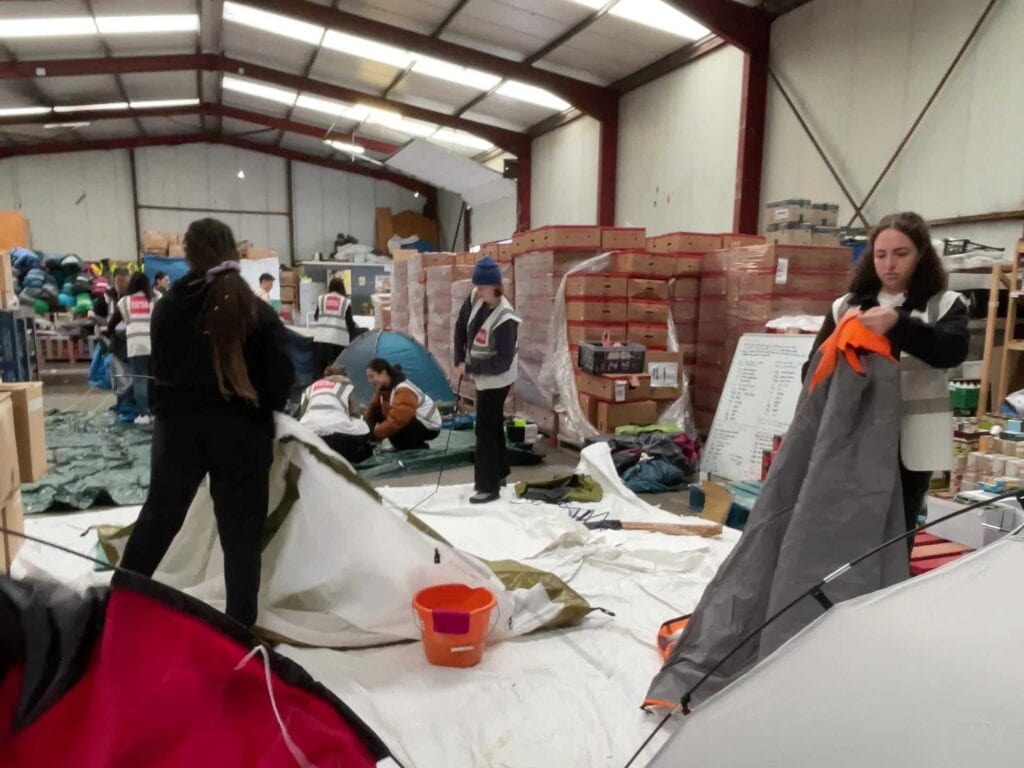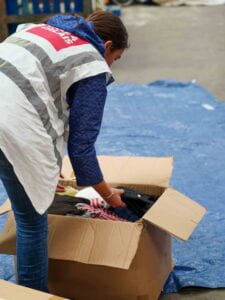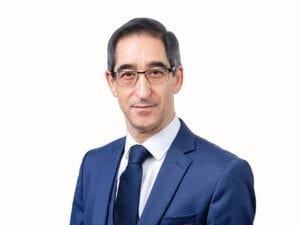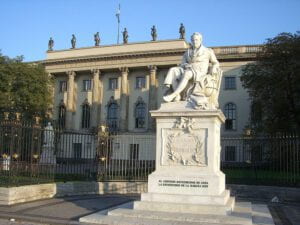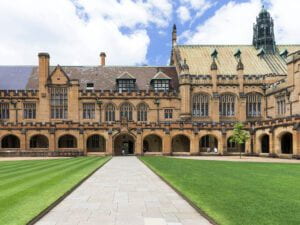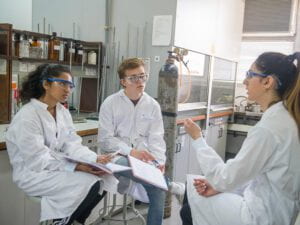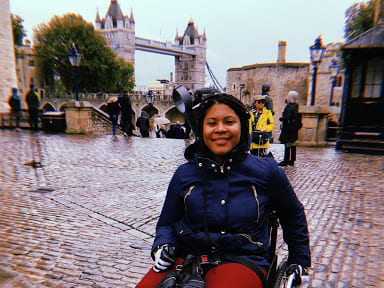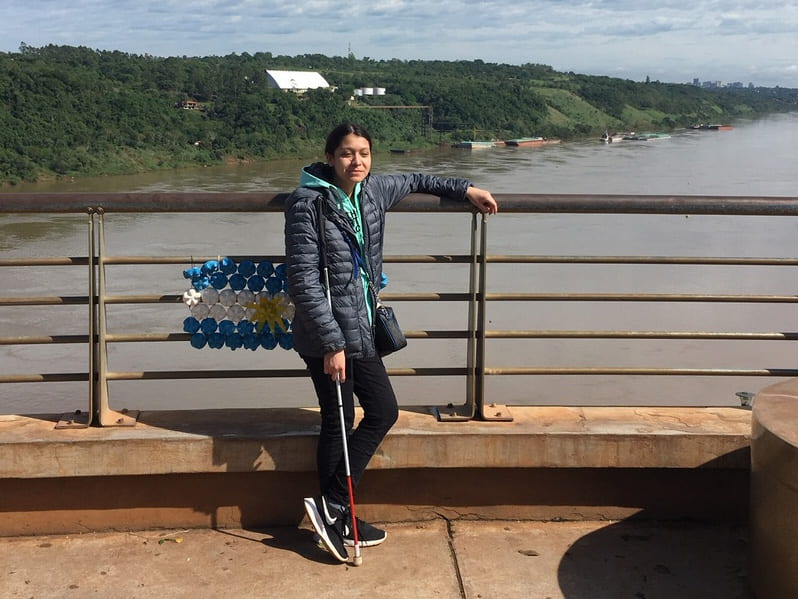While it is impossible to fully capture the breadth of the NYU global network, we rounded up some fast facts about the academic sites and cities where NYU students can study away. Whether they land at one of our three degree-granting campuses in New York City, Abu Dhabi, and Shanghai or at our sites in Accra, Berlin, Buenos Aires, Florence, London, Los Angeles, Madrid, Paris, Prague, Sydney, Tel Aviv, and Washington, DC, NYU students will have a rich academic experience supported by the University. Our newest site, NYU Tulsa, will officially open in spring 2025. Select students went to NYU Tulsa in spring 2024 for Alternative Breaks as well as during the summer for internship experiences.
The following information is accurate at the time of publication in fall 2024, but it is representative of a moment in time, so some information may change.
NYU Abu Dhabi
Average number of students studying away here each semester: 123*
Average class size: 16*
Number of courses available: 600+*
Number of residence halls: 3°
Average cost of a cup of coffee: $4.90†
City population: ~600,000‡
NYU Accra
Average number of students studying away here each semester: 14*
Average class size: 5*
Number of courses available: 12*
Number of residence halls: 1°
Average cost of a cup of coffee: $1.90†
City population: ~1.9 million‡
NYU Berlin
Average number of students studying away here each semester: 77*
Average class size: 11*
Number of courses available: 30*
Number of residence halls: 2°
Average cost of a cup of coffee: $3.06†
City population: ~3.5 million‡
NYU Buenos Aires
Average number of students studying away here each semester: 47*
Average class size: 7*
Number of courses available: 27*
Number of residence halls: 1, however, most students live in a homestay°
Average cost of a cup of coffee: $1.76†
City population: ~13.1 million‡
NYU Florence
Average number of students studying away here each semester: 351*
Average class size: 24*
Number of courses available: 60*
Number of residence halls: 4, plus the option to live in a homestay°
Average cost of a cup of coffee: $1.54†
City population: ~350,000‡
NYU Londonˣ
Average number of students studying away here each semester: 495*
Average class size: 22*
Number of courses available: 97*
Number of residence halls: 5°
Average cost of a cup of coffee: $3.36†
City population: ~8.9 million‡
NYU Los Angeles
Average number of students studying away here each semester: 35*
Average class size: 11*
Number of courses available: 13*
Number of residence halls: 1°
Average cost of a cup of coffee: $4.69†
City population: ~3.8 million§
NYU Madrid
Average number of students studying away here each semester: 284*
Average class size: 23*
Number of courses available: 51*
Number of residence halls: 3°
Average cost of a cup of coffee: $1.92†
City population: ~3.2 million‡
NYU in New York City
Average number of students studying away here each semester: 535*
Average class size: <30*
Number of courses available: 2,500+*
Number of residence halls: 11°
Average cost of a cup of coffee: $4.69†
City population: ~8.3 million§
NYU Paris
Average number of students studying away here each semester: 257*
Average class size: 15*
Number of courses available: 68*
Number of residence halls: 3, plus the option to live in a homestay°
Average cost of a cup of coffee: $3.13†
City population: ~2.1 million‡
NYU Prague
Average number of students studying away here each semester: 88*
Average class size: 8*
Number of courses available: 50*
Number of residence halls: 2°
Average cost of a cup of coffee: $2.46†
City population: ~1.1 million‡
NYU Shanghai
Average number of students studying away here each semester: 95*
Average class size: 7*
Number of courses available: 250+*
Number of residence halls: 1°
Average cost of a cup of coffee: $3.95†
City population: ~22.3 million‡
NYU Sydney
Average number of students studying away here each semester: 38*
Average class size: 7*
Number of courses available: 13* (Access to dozens of University of Sydney courses also available through direct enrollment.)
Number of residence halls: 1°
Average cost of a cup of coffee: $3.24†
City population: ~4.6 million‡
NYU Tel Aviv
Average number of students studying away here each semester: 16*
Average class size: 7*
Number of courses available: 14*
Number of residence halls: 1°
Average cost of a cup of coffee: $3.82†
City population: ~430,000‡
NYU Washington, DC
Average number of students studying away here each semester: 68*
Average class size: 17*
Number of courses available: 17*
Number of residence halls: 1°
Average cost of a cup of coffee: $4.69†
City population: ~680,000‡
°Additional student housing facilities are obtained as enrollment demands.
†Based on coffee prices in each country as of February 6, 2024 (Coffeestics.com)
‡Based on city population numbers (PopulationStat.com)
ˣNYU London’s average number of students is anticipated to grow next semester due to the global site’s move to a larger academic center in the fall 2024 semester.
Repurposed with permission from NYU Global Notebook















